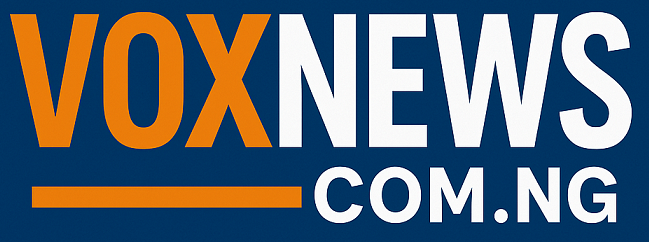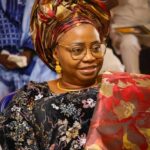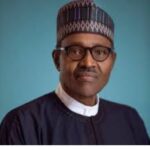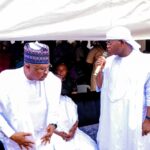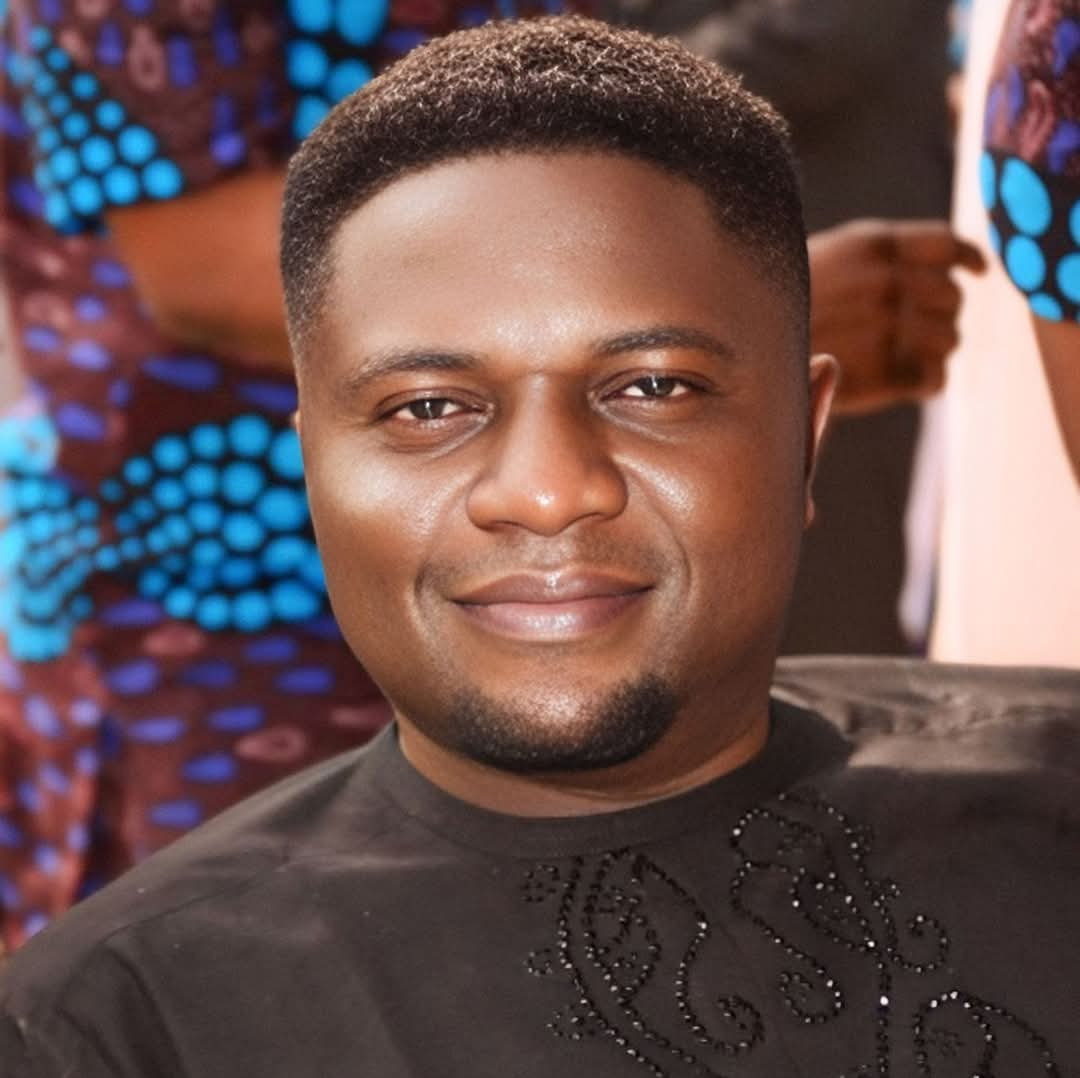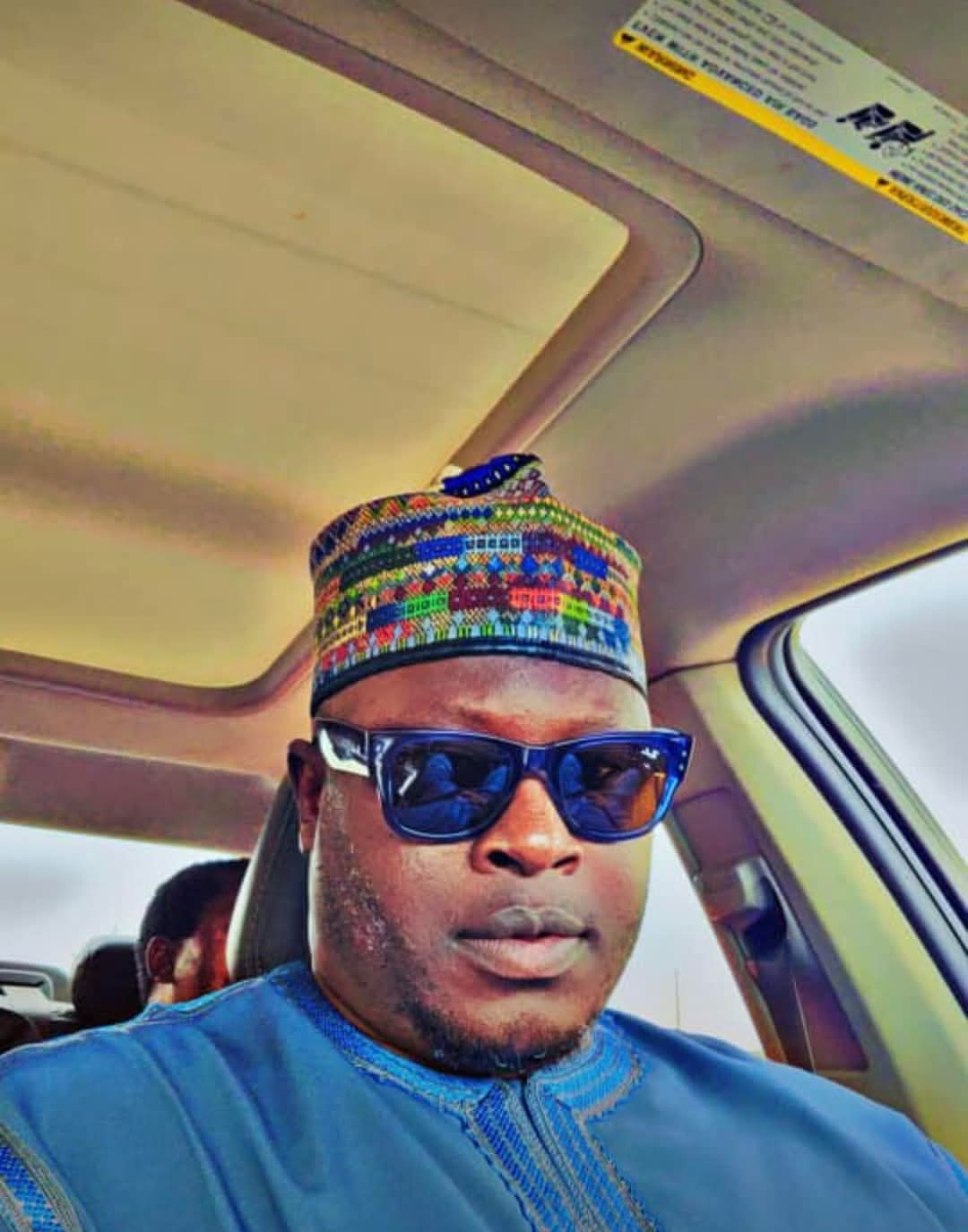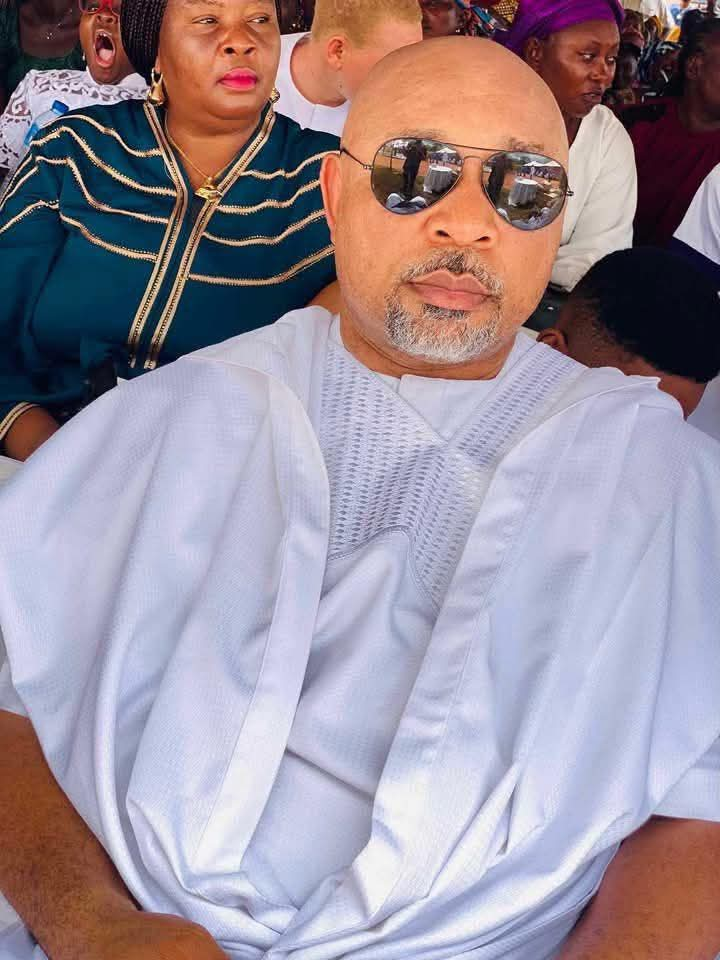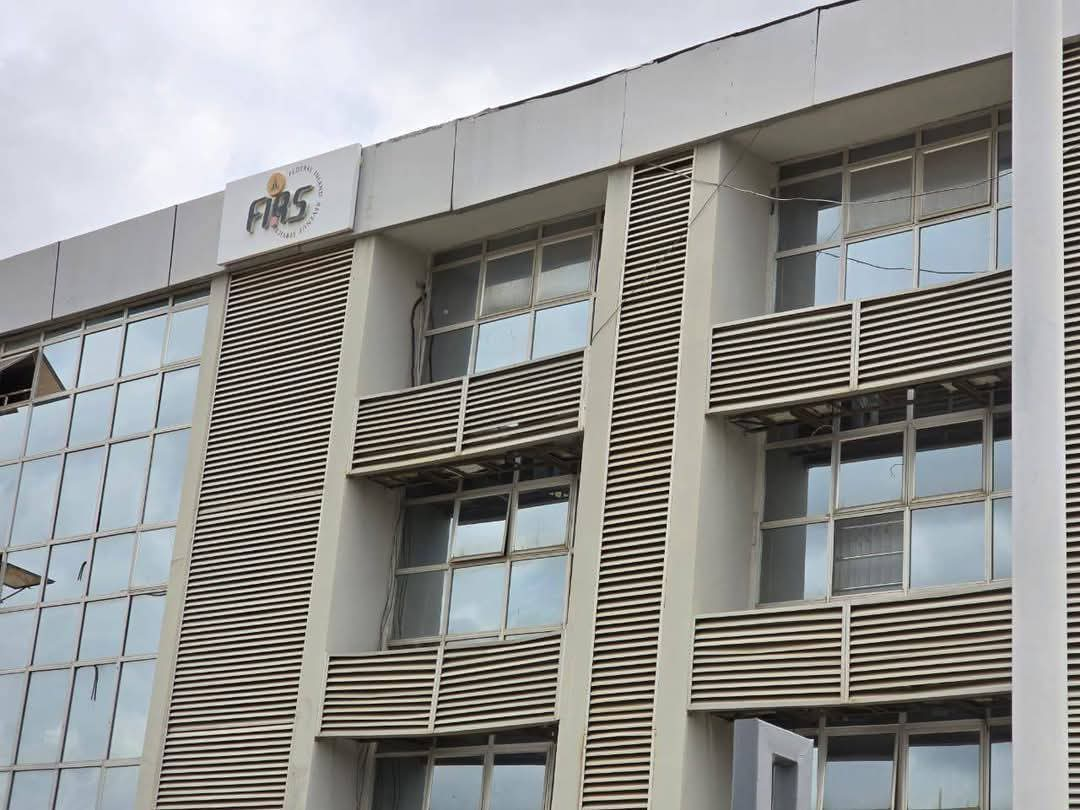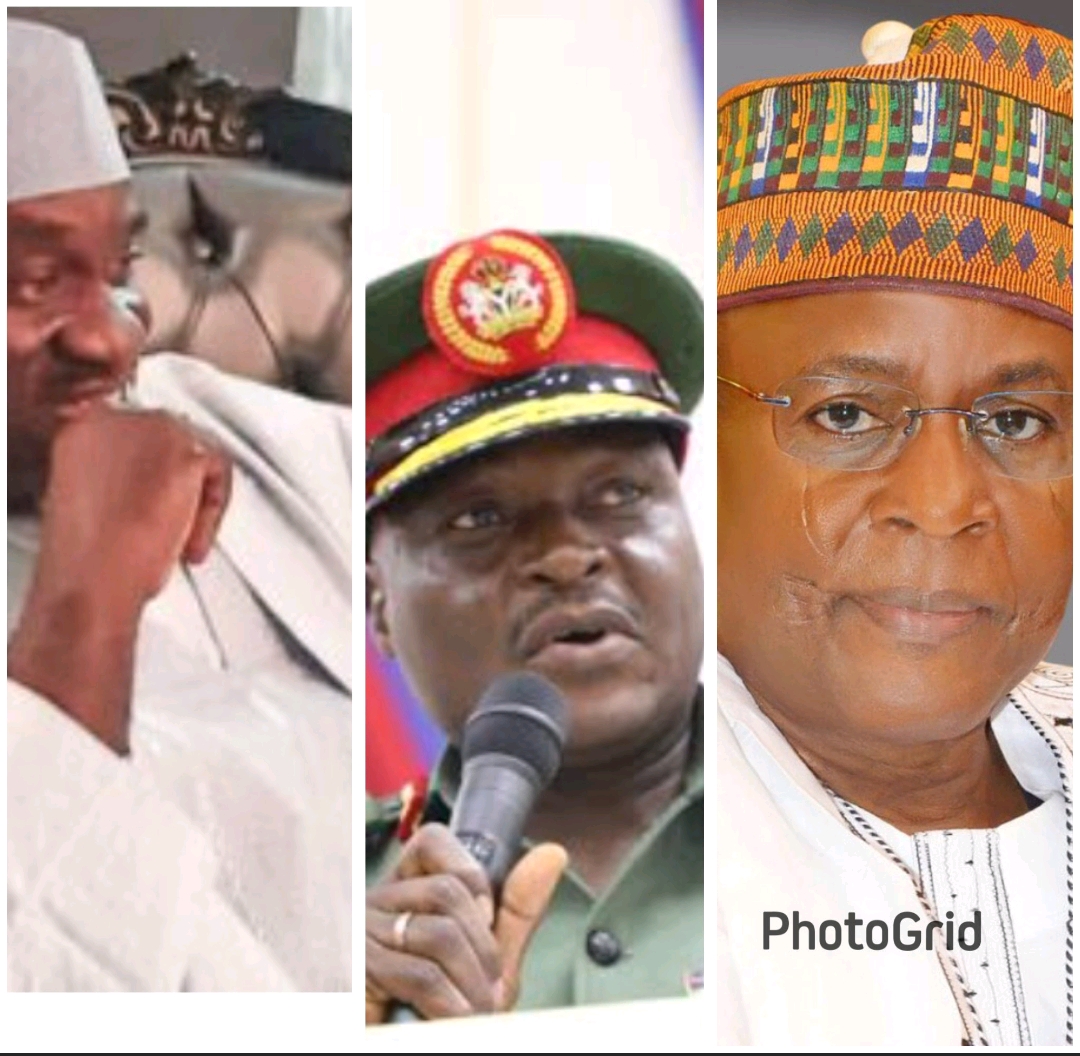By Christopher Sunday,
voxnews.com.ng
In the words of Plato, “The price good men pay for indifference to public affairs is to be ruled by evil men.” This philosophical reflection holds chilling relevance in today’s Nigerian political landscape. As 2027 inches closer, the political terrain appears less shaped by performance and public accountability and more by strategic survivalism, personal gain, and transactional politics. The seeming inevitability of President Bola Ahmed Tinubu’s re-election is not a triumph of governance, but a tragedy of opposition collapse.
Recent remarks by former Ekiti State Governor Ayo Fayose — reechoing sentiments earlier voiced by Nyesom Wike and even comedian-turned-political-commentator Seyi Law — underscore a troubling trend. A significant segment of the opposition, particularly within the People’s Democratic Party (PDP), seems to be leaning toward Tinubu, not out of ideological conviction, but due to shifting political tides, convenience, and personal interest.
What makes this reality even more jarring is the context: there is little in Tinubu’s current administration that can be described as transformative. Inflation continues to strangle households, the naira fluctuates without stability, unemployment is rampant, and insecurity remains a national nightmare. Yet, in spite of these pressing issues, Tinubu stands politically secure — not because of what he has delivered, but because there is no unified or credible alternative in sight.
The absence of a viable opposition is, perhaps, the most dangerous threat to Nigerian democracy today. Democracy thrives on dissent, on debate, on choice. But in a nation where the opposition is either bought over, silenced, or internally disoriented, the electorate is left with a single path, no matter how unsatisfactory that path may seem. This is not a testament to Tinubu’s political wizardry — it is an indictment on the very soul of the opposition.
The root of this political paralysis can be traced to two ancient forces: greed and self-preservation. The Nigerian political class, for the most part, lacks ideological substance. What passes for opposition is often a scramble for access to federal power and privilege. Money, not morality; ambition, not altruism — these have become the fuel of political behavior. In such an environment, it is not surprising that individuals who should be confronting power are instead clinking glasses with it.
The 2023 elections were a case study in missed opportunities. Rather than rally around a common goal, the opposition splintered into factions — PDP, Labour, NNPP — each seeking to outshine the other, even as the APC consolidated its hold. The same fissures persist today, deepened by betrayal, opportunism, and a lack of visionary leadership.
Without a genuine reawakening, Tinubu’s re-election in 2027 might be less about ballot boxes and more about the vacuum his opponents fail to fill. This should concern every Nigerian. For when leadership is not earned, but gifted by default, accountability becomes optional, and governance slides into tyranny disguised as democracy.
The philosophical mind must ask: What is the role of truth in a political culture that rewards silence and sycophancy? If the opposition refuses to embody the truth — the truth of the people’s pain, the truth of failed promises, the truth of an urgent need for redirection — then who will?
Until a force arises that transcends money politics and personal gain, until opposition becomes a movement rather than a meal ticket, President Tinubu’s biggest electoral strength will not be his policies — it will be the weakness of those meant to challenge him.
